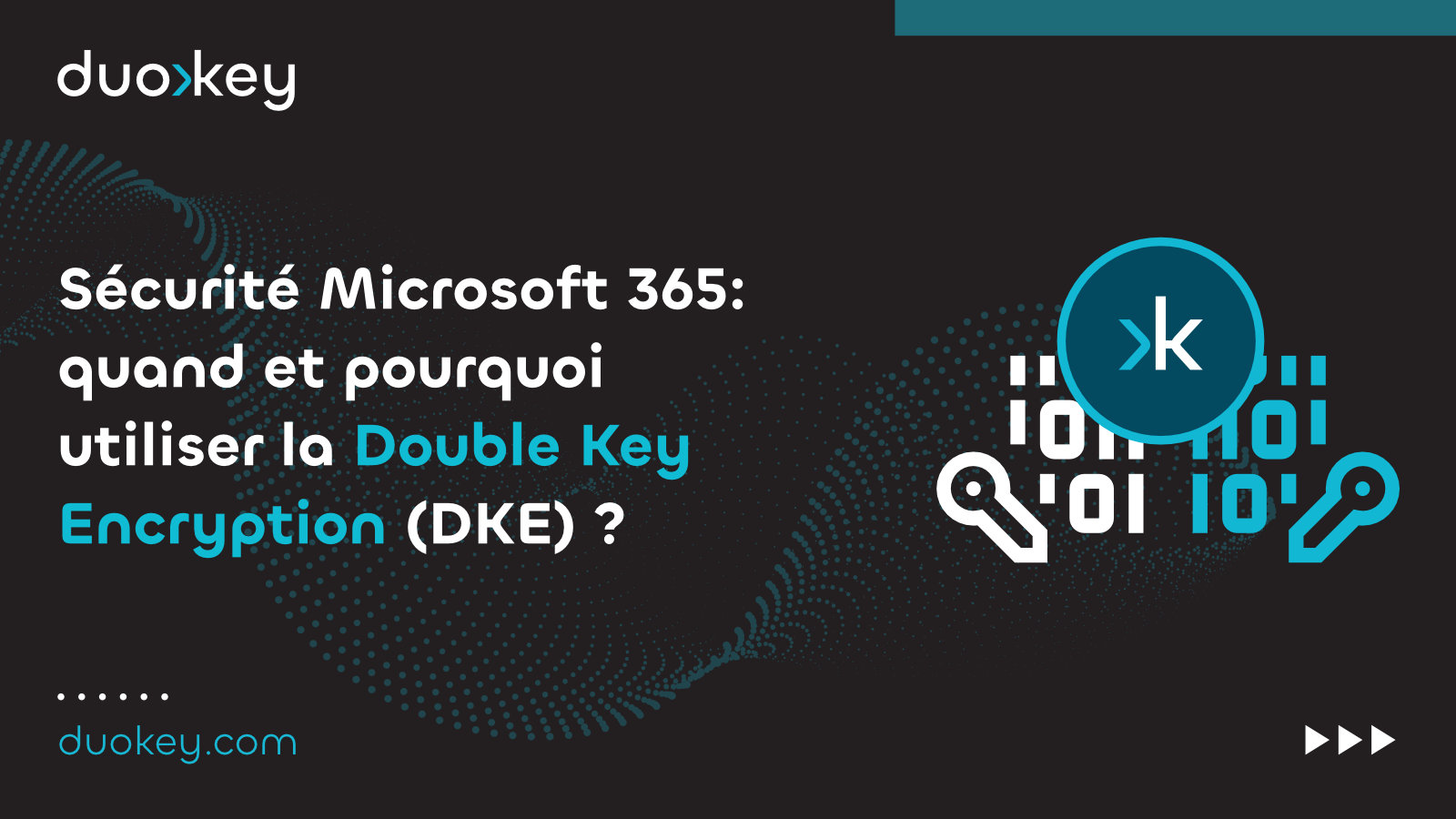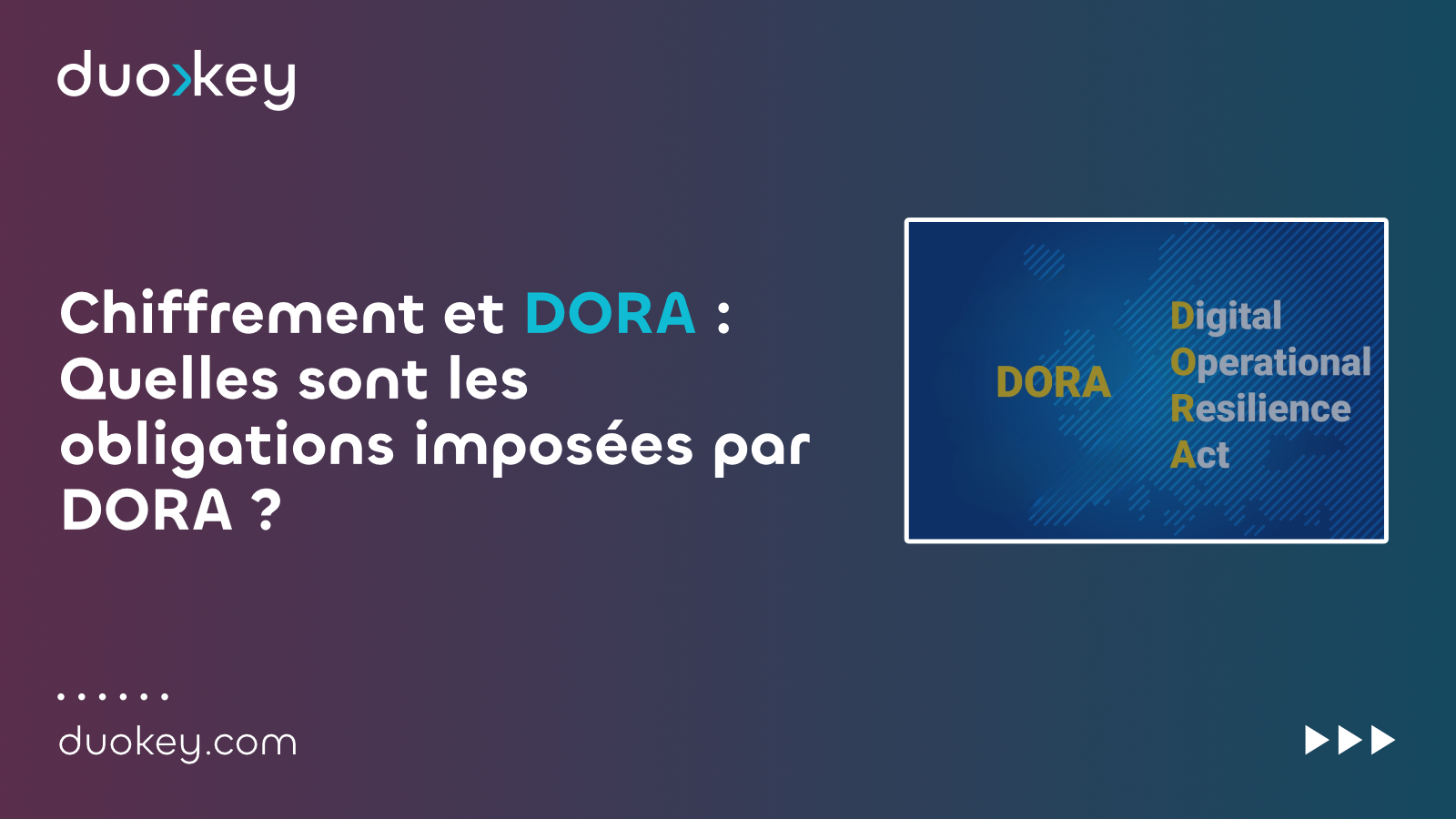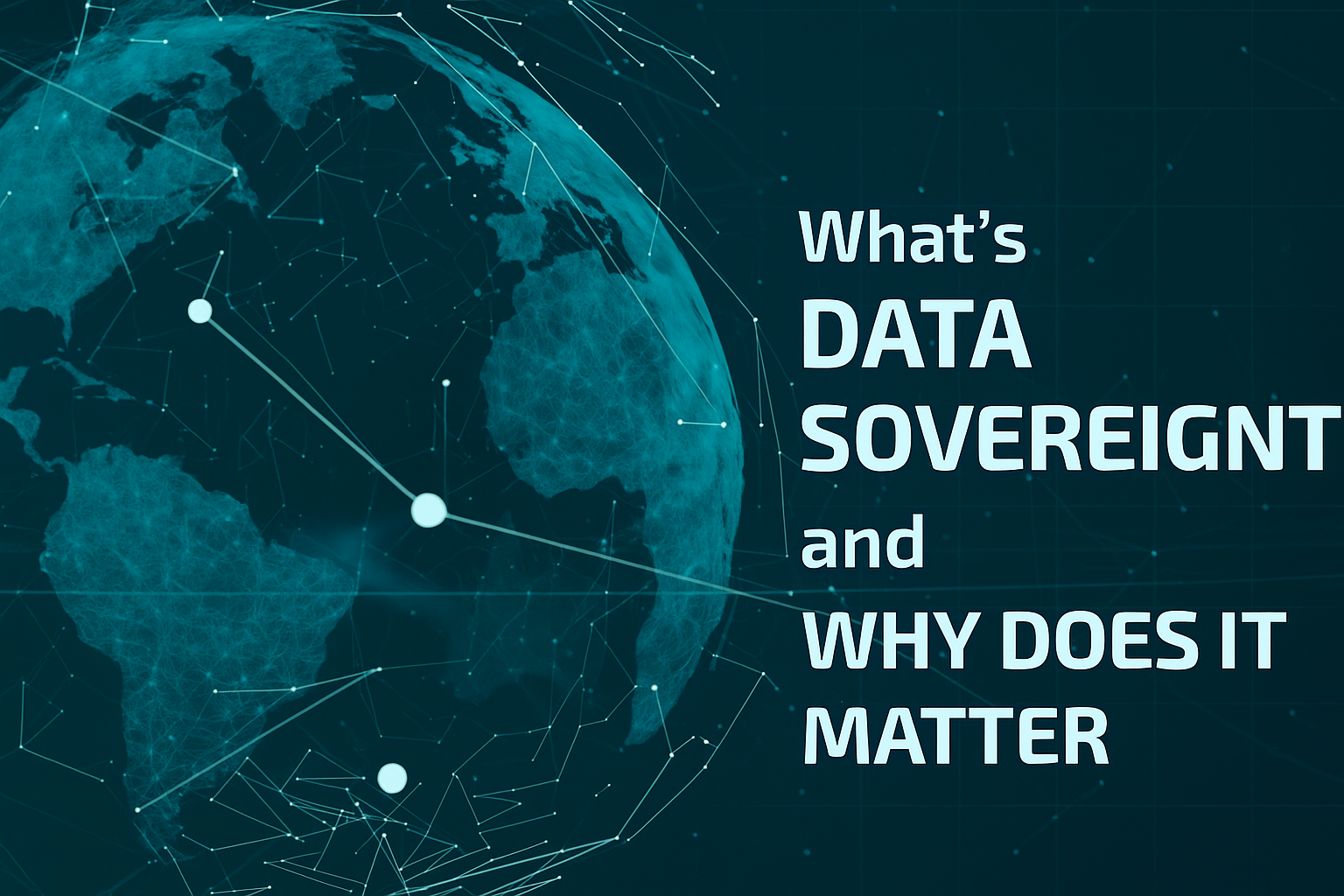Achieving Data Sovereignty in Microsoft 365: Protect Your Cloud Data in 2025
Organisations worldwide are increasingly asking: "How can we maintain complete control over our Microsoft 365 data?" and "What encryption solutions minimise the risk of unauthorised data exposure in the cloud?" These concerns have intensified as businesses recognise that standard cloud security may not fully address their sovereignty requirements, especially with legislation like the CLOUD Act and FISA and the recent firings by the Trump administration of the Privacy and Civil Liberties Oversight Board.
If you're using Microsoft 365 and concerned about data privacy, this article provides your protection options, with special focus on advanced encryption solutions that put you in complete control, including Microsoft Purview Customer Key and Doubley Key Encryption.
Are you seeking true data sovereignty for your Microsoft 365 environment?
Achieving true data sovereignty in Microsoft 365 requires a multi-faceted strategy. Organisations must implement a balanced combination of technical safeguards, administrative policies, and contractual protections to create a comprehensive security framework.
While technical measures form the foundation of any robust protection strategy, they must be complemented by appropriate governance and legal safeguards.
Let's explore each dimension, beginning with the critical technical measures that provide the strongest protection against unauthorised access.
Technical Measures to Protect Microsoft 365 Data
Standard Microsoft Encryption Options
Committed to data privacy, Microsoft 365 includes several built-in encryption features:
BitLocker for device-level encryption
Office Message Encryption for emails
SharePoint and OneDrive built-in encryption
Transport Layer Security (TLS) for data in transit
While these provide a baseline of protection, they don't address concerns about potential data exposure linked to data breach and government access requests served directly to Microsoft.
Microsoft's Customer Key
As part of its Purview data security and compliance services, Microsoft's provides Customer Key; a security feature designed to give organisations greater control over their encryption keys for Microsoft 365 services. The primary objective is to provide customers with the ability to control the encryption keys that protect their data at rest in Microsoft cloud, addressing compliance requirements and enhancing data sovereignty.
Customer Key includes Bring Your Own Key (BYOK) and Hold Your Own Key (HYOK) approaches:
Bring Your Own Key (BYOK)
BYOK allows organisations to generate their own encryption keys for Microsoft 365 data. While this provides some initial control, these keys must be imported to Azure Key Vault for use. The primary limitation is that Microsoft still manages the environment where these keys are stored and used. This means that Microsoft maintains the technical ability to access data encrypted with these keys, as they control the underlying key management infrastructure.
Hold Your Own Key (HYOK)
HYOK keeps encryption keys within your on-premises infrastructure, ensuring they never leave your controlled environment. This approach provides stronger protection than BYOK against the risks of data exposure because the keys remain solely under your control.
While these options provide improved control, they don't fully address the core concern: if Microsoft receives a valid legal order, they may still be compelled to provide access to your data using keys they manage.
For complete control over encryption keys, Microsoft provides the Double Key Encryption feature - or DKE for short, which a combination of BYOK and HYOK approach. Let's see why.
Double Key Encryption
Microsoft Purview Double Key Encryption (DKE) represents the most effective technical response to surveillance concerns. Here's why:
Employs two separate encryption keys;
One key controlled by Microsoft, one key exclusively controlled by you;
Data can only be decrypted when both keys are used together;
All encryption and decryption happens locally on the client device before data is transmitted to Microsoft's cloud, ensuring that only encrypted data ever leaves your environment, with Microsoft storing only the encrypted version;
Even if Microsoft is legally compelled to provide access, your data remains protected by your key.
How to implement Double Key Encryption?
To implement Double Key Encryption effectively, organisations need to work with independent providers that offer Microsoft 365 DKE solutions.
Among the providers in this space, cloud security leader DuoKey offers a DKE solution, which features the following elements:
Distributed Key Management: Uses secure Multi-Party Computation for key distribution to mitigate single point of compromise.
Zero Trust Key Access Control: Offers sophisticated key access rules based on identity, location and role
Deployment Flexibility: Available for on-premises, SaaS or hybrid deployments (compatible with many existing HSM models)
Centralised Management: Provides centralised encryption key management with full lifecycle management and audit trails.
DuoKey native-integration for Microsoft Purview Double Key Encryption allows organisations to achieve data sovereignty in a seamless way with deployments available on a SaaS or on-premise model.
While technical measures like DuoKey for Double Key Encryption provide the strongest protection, it is important to remind the reader that a complete data sovereignty strategy should also include contractual and administrative safeguards, as recommended by the European Data Protection Board.
Contractual and Administrative Safeguards
Contractual and Administrative guarantee might include:
Contractual Measures
Review Microsoft's Data Processing Addendums
Understand jurisdictional issues in your contracts
Consider multi-geo options where data is stored in your preferred regions
Administrative Controls
Implement clear data classification policies
Train staff on secure collaboration practices
Establish incident response procedures for potential data access requests
Taking Control of Your Microsoft 365 Data
Microsoft Purview Double Key Encryption offers a practical solution for organisations seeking to enhance data privacy in Microsoft 365 amid data exposure concerns.
By implementing DKE through providers like DuoKey, organisation can maintain control over their data, making sure that not Microsoft, not anyone else can have access to their data.
Schedule a demo for DuoKey for DKE
Interested in seeing how this works in practice? Schedule a demo to learn how DuoKey's DKE solution integrates with your Microsoft 365 environments and helps address your data sovereignty requirements.
Microsoft 365 offers powerful productivity tools, and with the right protection strategy, you can leverage cloud capabilities for enhanced efficiency and business growth while maintaining appropriate data privacy and GDPR compliance.
Key takeaways
Standard Microsoft 365 encryption doesn't provide complete data sovereignty
BYOK approaches still leave potential exposure risks
Double Key Encryption prevents data exposure by requiring two separate keys
With DKE, only your organisation maintains complete control over who can access your data





